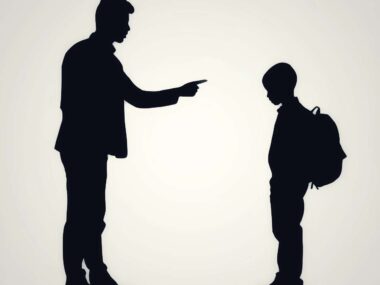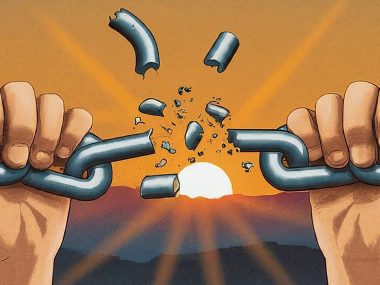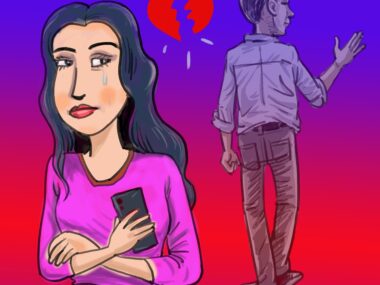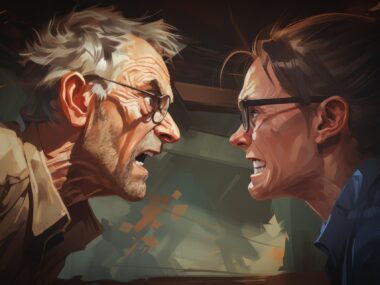Summary (TL;DR): After years of holding onto grief after losing my brother, I found healing through therapy and understanding my family’s past. I learned about my father’s narcissism and how it caused pain for everyone, including my brother. Saying goodbye wasn’t about forgetting, but accepting the past and moving on. This article emphasizes the importance of therapy, acknowledging your own feelings, and finding ways to symbolically let go in order to heal from loss.
The death of my beloved brother shattered my world. Although he passed away over a decade ago, the pain felt fresh as I realized I was still holding on. For years, I couldn’t let go of his old phone, hoping to somehow preserve the sound of his voice via his voicemail. It took therapy and a deep dive into my family history to give me the strength to say a final goodbye.
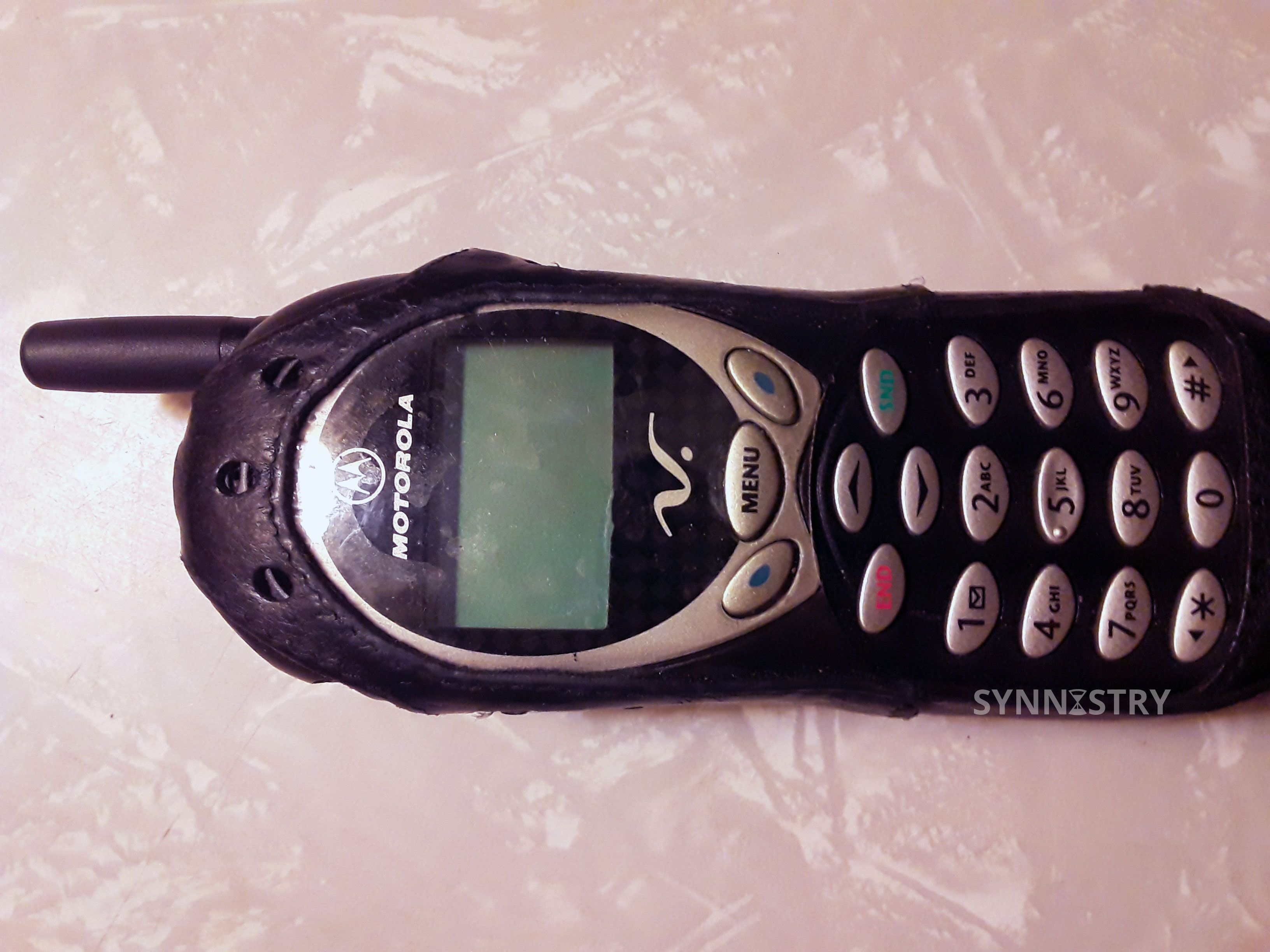
Uncovering Truths
Therapy has been an incredible help in my healing process. My father’s narcissistic personality disorder (NPD) had cast a long shadow over all of us, filled with lies, manipulation, and a refusal to take responsibility. As I confronted the impact of narcissistic abuse in my family, I discovered the unspoken reasons behind my brother’s choices. The therapist reading my mother’s journals helped me understand that my brother moved away to escape a web of deceit and manipulation. The patterns of abuse became clearer, making his premature death even more painful.
This revelation made me angry. If I had known sooner, my brother and I might have found some healing together. But that anger gave way to the realization that lies meant to protect abusers only prolong suffering. My father, a narcissist, left my brother and our whole family with wounds that never truly closed.
Holding on vs. Letting Go
It’s easy to cling to the things that connect us to those we’ve lost. But to heal, we need to release our grip on the past. Saying goodbye to my brother didn’t mean forgetting him. It meant understanding that even though I wished things had been different, this was how our story unfolded.
A Letter of Release
Dear Bro,
It’s time for me to stop mourning your absence and start celebrating your life. I heard you that night, whispering that this wasn’t how it was supposed to be. While I wish we’d had more time, I understand that things happen as they’re meant to, even if it hurts.
I wish you’d shared the whole truth with me, the weight of the family secrets and your own struggles. We could have supported each other. And I wish you’d taken care of your health, hadn’t put off those doctor visits.
I hope you found peace, Bro, and I promise to find it while I’m still here.
Love you always, to infinity.
To those who are grieving
- Embrace therapy. Talking with a therapist helps untangle complex emotions and the trauma caused by loss, especially connected to difficult family dynamics.
- There’s no “right” way to grieve. Don’t feel pressured to let go too quickly. Holding on for a while can be part of the healing process.
- Don’t be afraid to feel your emotions. Grief isn’t linear, and it’s okay to feel happy one day and heartbroken the next. Allow yourself the space to experience those feelings.
- Hold onto memories, not things. It’s okay to keep some belongings, but let go of anything that makes you feel stuck rather than comforted.
- Find a symbolic act to help you say goodbye. Writing a letter, releasing a balloon, planting a tree — whatever feels meaningful to you.
- Don’t be afraid to ask for help. Reach out to friends, family, or online support groups. Those who love you want to be there for you.
True healing happens when we can accept the past, even the painful parts, and move forward lighter. It’s a difficult but important journey.


